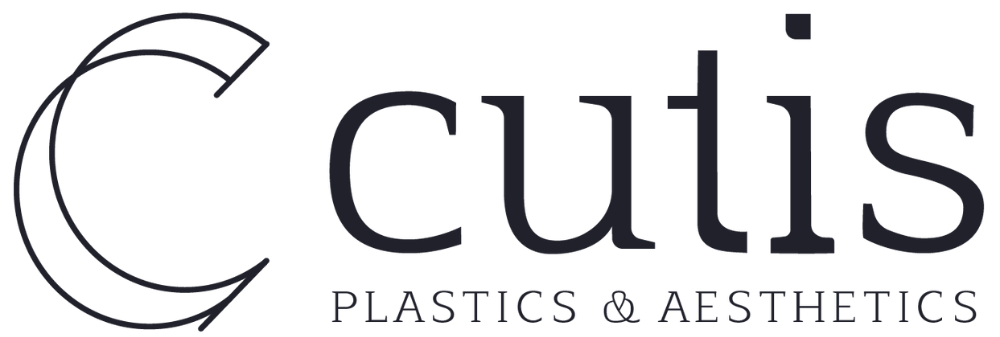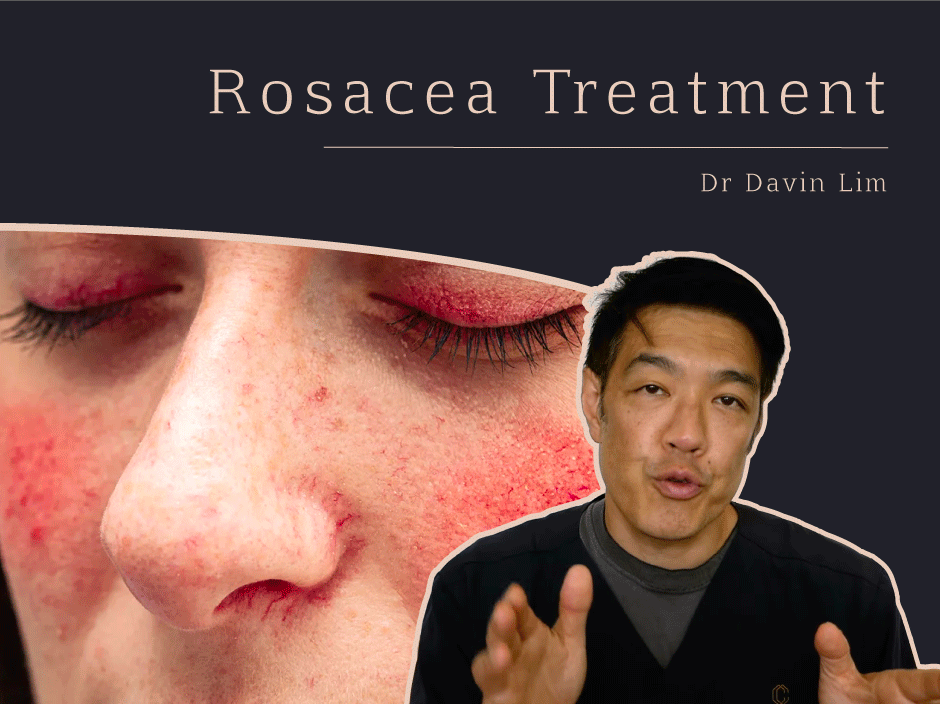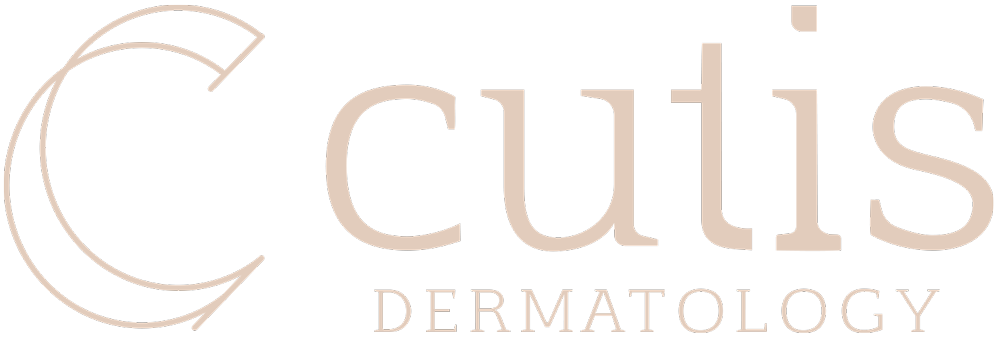Understanding your unique rosacea triggers & how to avoid plays the biggest part in self-management. This, coupled with simple rosacea directed over the counter skin care can reduce inflammation, pimples & pustules. Dermatologists encourage a holistic approach to managing this chronic condition
Key Points
- Rosacea triggers include diet, stress, UV, heat & seasonal changes
- Inflammation is made worse with incorrect skin care, leading to irritation
- Simple cleansers, moisturizers & anti-inflammatory medication can help
- Avoidance of flare factors can place rosacea in remission
- Lasers, BBL & low-level phototherapy can accelerate treatments
Rosacea Triggers & Skincare at a glance
Our results speak for themselves
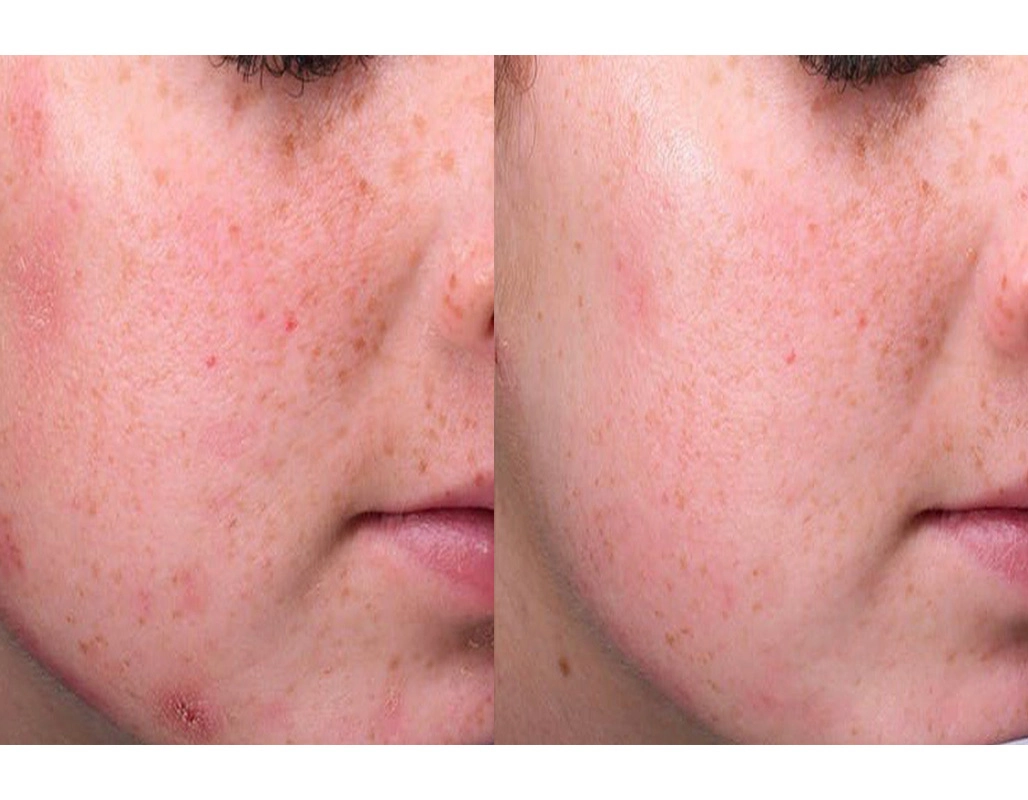
Before
After
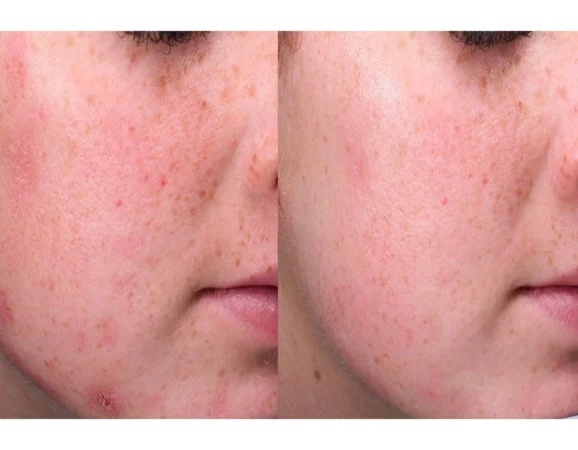
Physical exfoliation to reduce blackheads & oily skin
Ask us more about this treatmant
Preferred Consultation
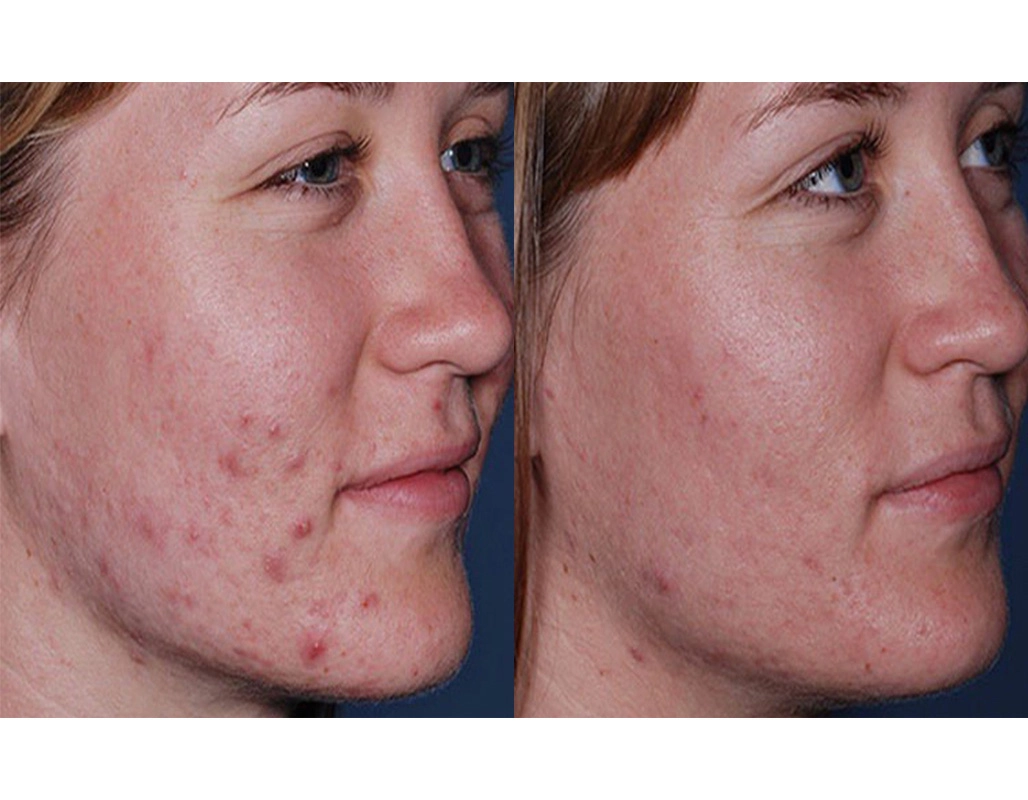
Before
After
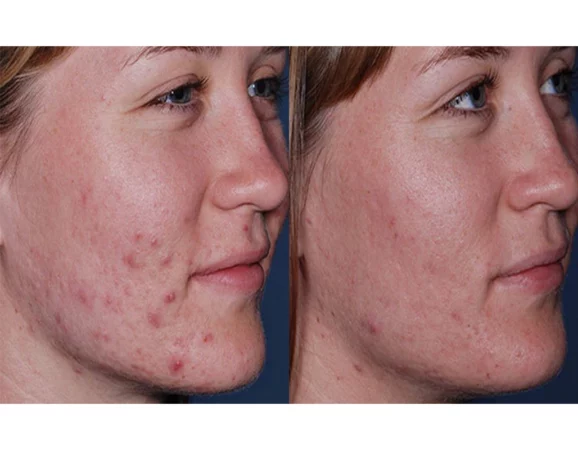
Salicylic acid chemical peel
Ask us more about this treatmant
Preferred Consultation
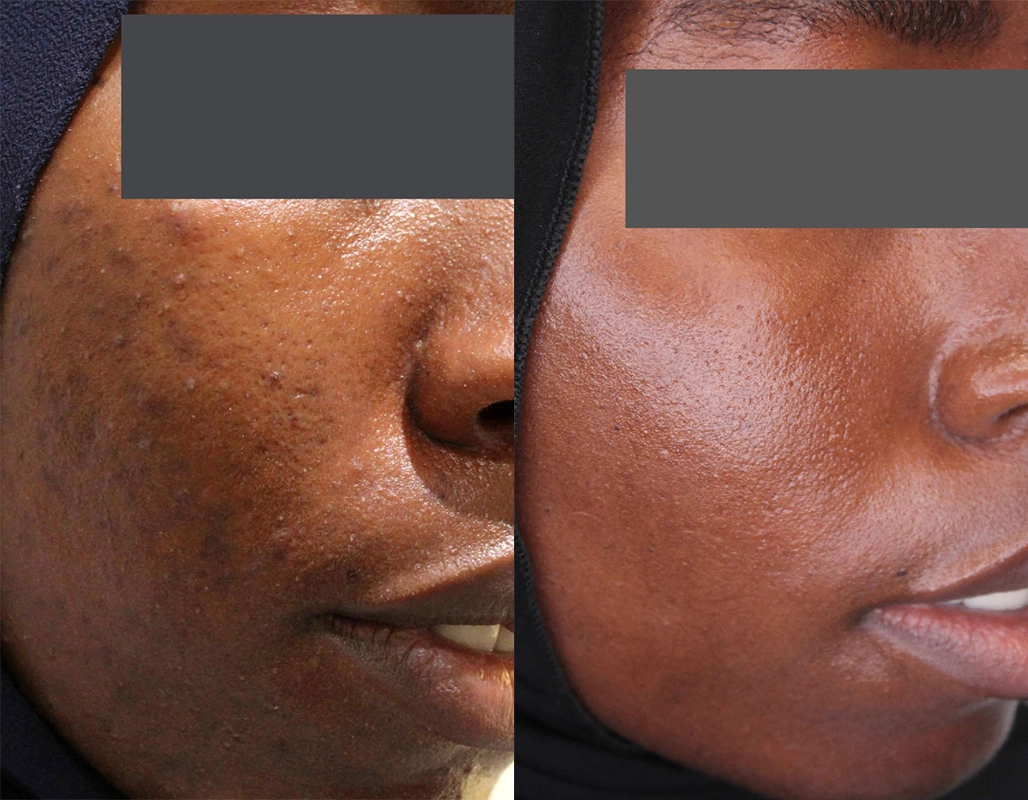
Before
After
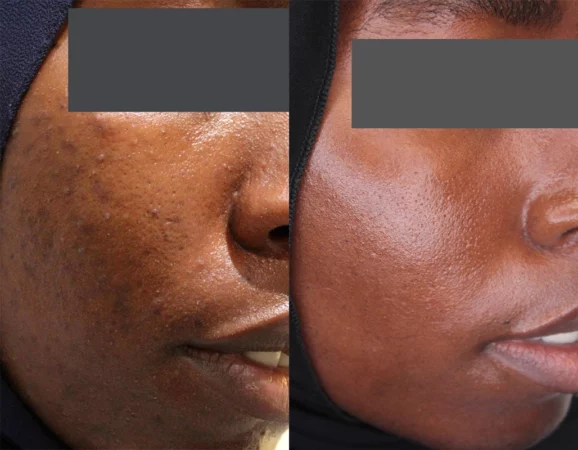
Post inflammatory hyperpigmentation treated with oral retinoids, SPF & topicals. PIH can self-resolve in some
Ask us more about this treatmant
Preferred Consultation
FAQs
How to approach rosacea?
Every case of rosacea is unique. You will have your own combination of flare factors. Conversely you will have a combination of treatments that can reduce outbreaks.
The more meticulous you are in identifying & avoiding flare factors the less frustrating rosacea gets. Dermatologists are here to educate you & treat your rosacea with medically prescribed measures, should your rosacea fail to respond to simple measures
What are simple measures to implement?
Avoidance of flare factors: including dietary, UV, temperature fluctuations
Lifestyle changes: In particular, stress management.
Skincare: Simple cleansers & topical anti-inflammatory ingredients.
What are common flare factors?
Remember, flare factors are unique to your rosacea blueprint. A good way to identify your own flare factor is to keep a daily diary & pay attention to when your rosacea flares up.
| Factors | Percent Affected |
|
81% |
|
79% |
|
75% |
|
57% |
|
56% |
|
52% |
|
51% |
|
46% |
What are face washing tips for sensitive skin?
- Use Tepid water, not hot. Heat can irritate your skin.
- Keep your showers between 2-4 minutes, especially in winter.
- Wash with your fingers and hands, not a brush.
- To dry, blot don’t rub.
- Wait till your skin dries before applying any topicals.
- Re-apply moisturizer if you are using actives (wait 30 minutes)
What is the best moisturizer for rosacea skin?
La Roche Posay, Avene, Cerave, & Cetaphil make special ranges for rosacea skin. The Toleriane, Rosaliac & Cicaplast range from LRP are cost effective options.
Why are sunscreens important?
UV is the most common flare factor for rosacea patients.
Physical sunscreens are best as they have a very low irritant potential. They include zinc and titanium oxides. A good one is Invisible Zinc.
Good formulations of chemical sunscreens can be tolerated by most. La Roche Posay, Unsun, Cancer Council.
What skin care products can help treat rosacea?
Rosacea patients have sensitive skin. Consider –
- Niacinamide reduces inflammation & improves skin’s barrier function. Look for formulations around 10%.
- Azelaic acid can reduce inflammation. It is gentle on the skin.
- Tocopherol or vitamin E is an antioxidant that does not irritate skin.
You may be better off under the guidance of a skincare professional or a dermatologist if you have rosacea. True skin allergies are rare but can be investigated with patch testing.
Products

O Cosmedics cleansing range
$63.00-$64.00

O Biotics 3D Hyaluronic Serum
From $97.00
Our dermatologists can guide you as to identifying your triggers as well as implementing a non-irritating, soothing skincare routine for sensitive skin.
Can a diet help?
Most, but not all rosacea sufferers will have dietary triggers including chilli, hot spicy foods, hot beverages & alcohol. Rarer triggers include acidic foods, pro-inflammatory food groups & very rarely gluten.
Identifying your trigger foods can dramatically reduce potential flare up.
What are natural remedies for rosacea?
If you want to go natural, try these out prior to seeing a dermatologist. Most of the listed ingredients can be sourced topically, some are in capsule form.
- Camomile can be used as a drink or as cool compresses. Low chance of allergic contact dermatitis.
- Green tea is a potent antioxidant with scientific data. Best consumed & not applied topically.
- Niacinamide – nicotinamide or vitamin B3 is probably the best vitamin for rosacea patients. Look for creams in the 5-10% range.
- Other botanical extracts include ginger, rosemary & thyme. You can buy capsules from most health food shops.
Dietary restrictions include pro-inflammatory food groups including tomatoes, alcohol, gluten & acidic fruits. The highest evidence of dietary changes includes avoidance of hot spicy foods including chilli, curry, alcohol & hot beverages.
Keeping a food diary can help you in finding dietary flares pertaining to your rosacea pattern.
Is rosacea seasonal?
It can be. In Brisbane we see two peaks, one in November & the other in July / August.
- November peak; due to increasing UV index & hot weather.
- July/August/Ekka week: due to cold, especially westerly winds.
It’s impossible to change the climate, especially temperature changes. You can however minimise UV indices with hats, sunglasses & sunscreens.
How can I reduce flare ups from exercise & heat?
This flare factor is the most challenging to address. Exercise generates heat, heat can flare up rosacea. Some tips-
- Ice packs between sets. It looks weird, it can help.
- Swim indoors preferably. Tepid pool water can help, flipside- chlorine can be irritating.
- Train indoors in AC.
- UV protection with thick UV block outs & hats, especially if you run outside.
What is the go with stress?
It plays a huge role in every skin condition, including rosacea. Speak to your doctor or a psychologist methods to reduce stress. It can make a huge difference in your skin’s health.
How do dermatologists manage rosacea?
Dermatologists will prescribe medications to help control rosacea recalcitrant to OTC skin care & lifestyle modification. These include-
- Topicals including metronidazole & azelaic acid. Other creams include ivermectin topically. Other topicals include brimonidine & sulphur creams.
- Anti-inflammatory tablets including antibiotics & oral vitamin A.
Lasers including pulse dye, KTP, long pulse Nd Yag & BBL
Need more information?
Go to rosacea.org This is the definitive website. You can download a rosacea diary & lots more helpful information on how to identify, modify & treat flare up factors.
If you are struggling with skincare, book a FREE* consultation with our nurses.
*T&C applies.
